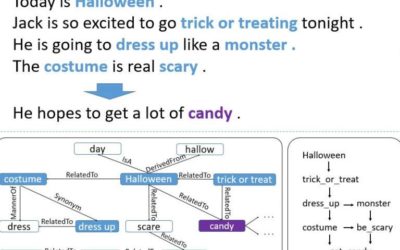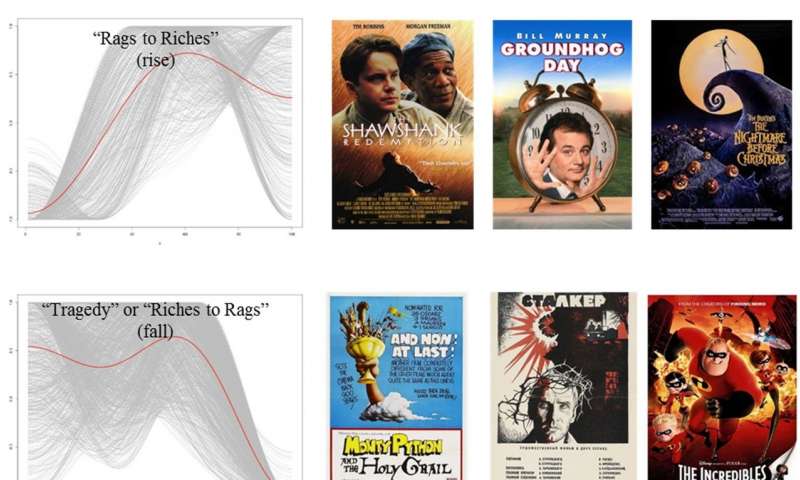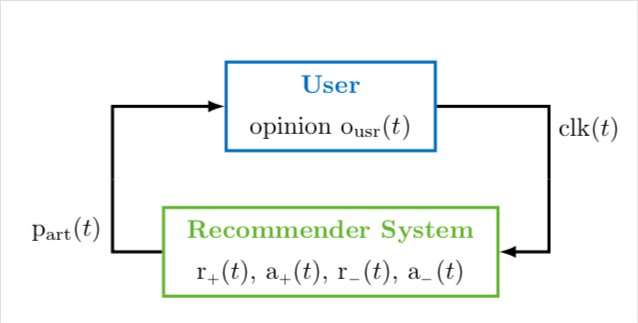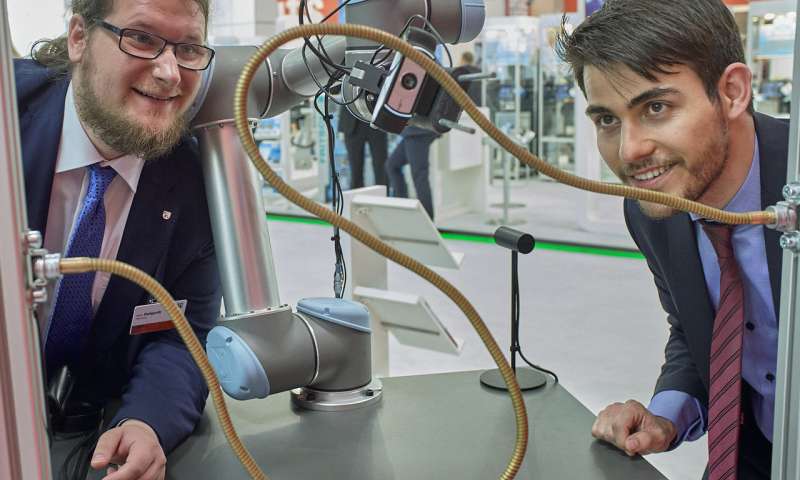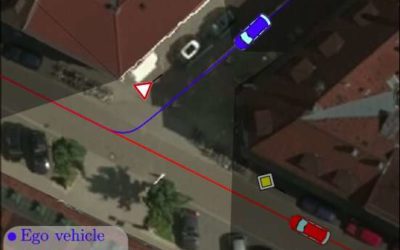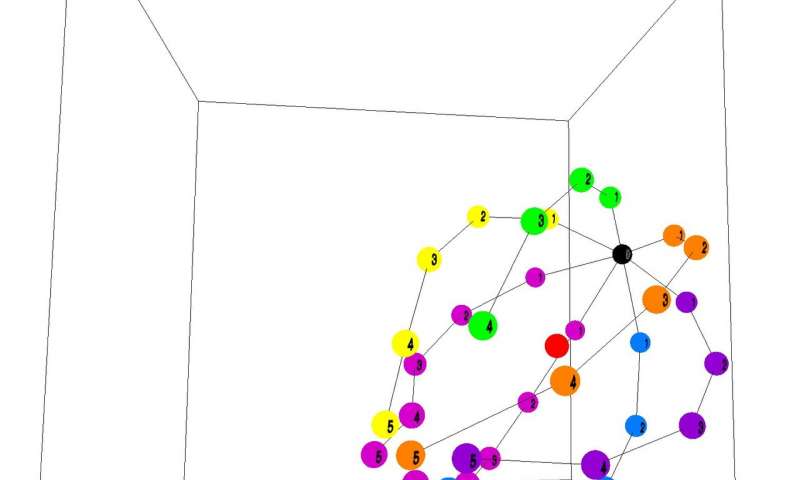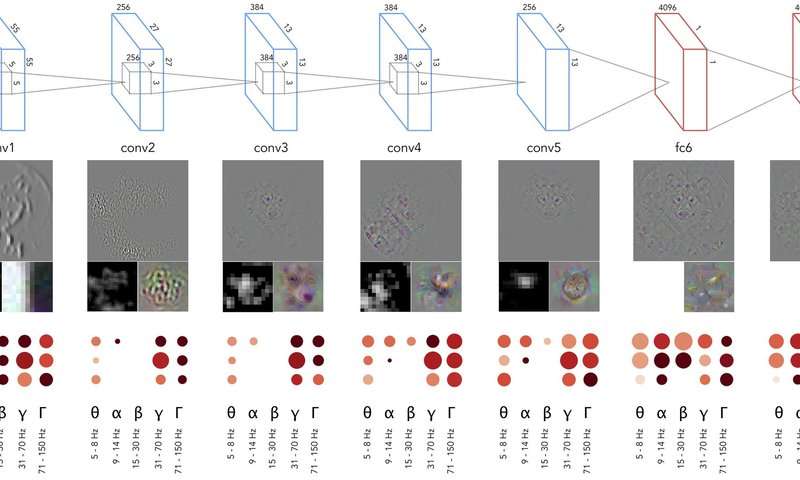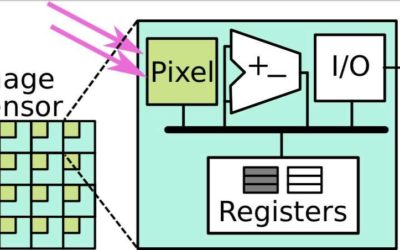Researchers at the AI Lab of Tsinghua University have recently developed an incremental encoder-based model that can generate story endings. An incremental encoder is a type of encoding compression algorithm that is often used to compress sorted data, such as lists of...
TECHXPLORE
Improbotics: Bringing machine intelligence into improvised theatre
An unconventional company called HumanMachine has recently devised a unique theatre production called Improbotics, which involves both human performers and machines. This is the latest of a series of projects and initiatives that merge the world of theatre with...
Researchers use machine learning to analyse movie preferences
Could behavioural economics and machine learning help to better understand consumers' movie preferences? A team of researchers from the University of Cambridge, the University of West England, and the Alan Turing Institute dove deeper into this question, in a...
Modelling the loop between opinion formation and personalized recommendations
Researchers at the University of Twente and CNRS have recently carried out a study that explores the relationship between users' opinions and the personalized recommendations they receive online. In their paper, which was pre-published on arXiv, they proposed a model...
Using ablation to examine the structure of artificial neural networks
A team of researchers at RWTH Aachen University's Institute of Information Management in Mechanical Engineering have recently explored the use of neuroscience techniques to determine how information is structured inside artificial neural networks (ANNs). In their...
Motion planning for automated driving under uncertainty and with limited visibility
Researchers at the FZI Research Center for Information Technology have developed a new method that could improve the motion planning of autonomous vehicles within uncertain environments or in conditions of limited visibility. Their paper, pre-published on arXiv,...
Using behavior trees to improve the modularity of AUV control systems
Researchers at the Royal Institute of Technology (KTH) and National Oceanography Centre have recently used behavior trees (BTs) to design modular, versatile, and robust control architectures for critical missions. Their study, pre-published on arXiv, specifically...
Networked UAV Defense Swarms to defend against malicious drones
A team of researchers at the University of Luxembourg have developed a new feasible and efficient defense system for unmanned aerial vehicles (UAV). Their system, outlined in a paper pre-published on arXiv, consists of a defense UAV swarm that can self-organize its...
Neural net activations are aligned with gamma band activity of the human visual cortex
Researchers at the University of Tartu's Computational Neuroscience Lab, in Estonia, have discovered that activations of deep convolutional neural networks are aligned with the gamma band activity of the human visual cortex. Their study, published in Communications...
New real-time localization and mapping tools for robotics, VR, and AR
A large group of researchers at Imperial College London, the University of Edinburgh, the University of Manchester, and Stanford University have recently collaborated on a project exploring the application of real-time localization and mapping tools for robotics,...

